10 Reasons Pet Raccoons Are a Terrible Idea
Raccoons are fascinating creatures that are not meant to be pets. Their playful antics and curious nature can be captivating, but beneath their charming exterior lies a host of challenges and risks that make them unsuitable for domestic life. From legal restrictions to health concerns, here are the top reasons why keeping raccoons as pets is not just a bad idea—it’s a terrible one.
They Are Wild Animals
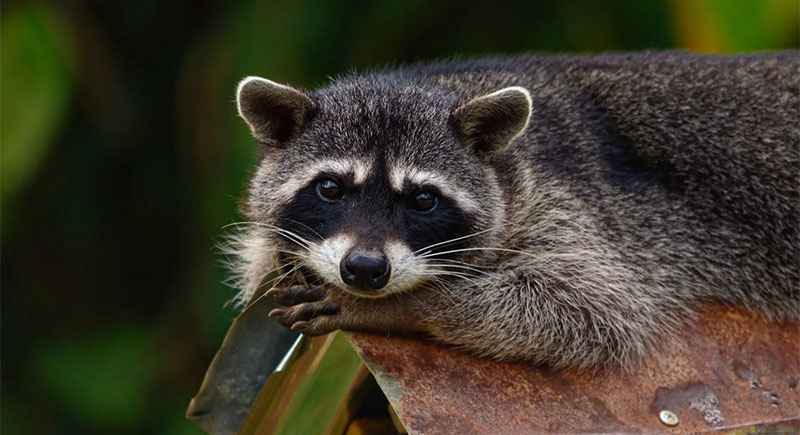
Credit: pexels
Raccoons are not domesticated and have instincts suited for the wild. Unlike dogs or cats, they don’t adapt well to living in homes. Their natural behaviors, like digging, foraging, and climbing, often conflict with human environments, making it difficult to keep them as pets.
They Can Be Aggressive
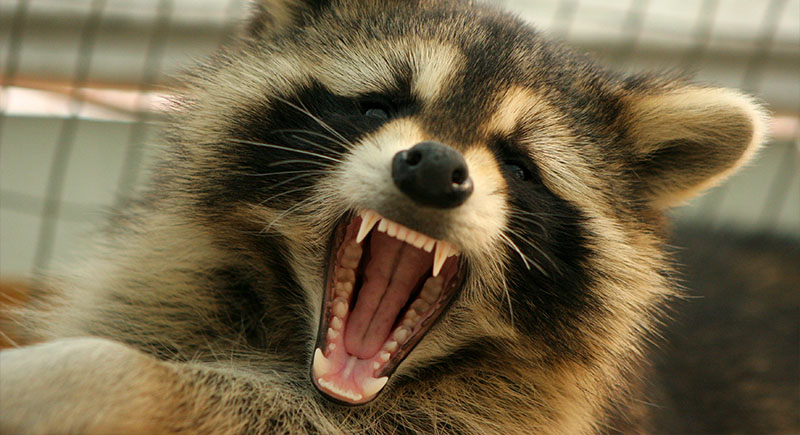
Credit: Wikimedia Commons
While raccoons may appear friendly, they can become aggressive, especially if they feel threatened or cornered. Bites and scratches are common risks, and their sharp claws can cause significant injuries. Their unpredictable nature makes them unsafe companions, especially in households with children or other pets.
They Carry Diseases
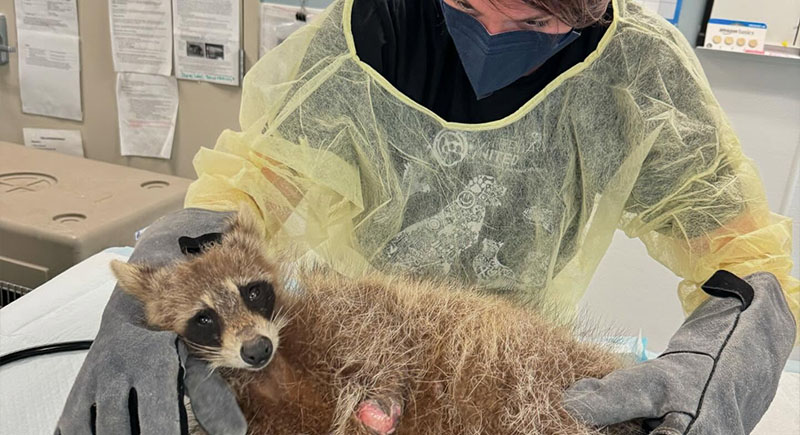
Credit: Instagram
Raccoons can transmit several dangerous diseases to humans, including rabies, leptospirosis, and raccoon roundworm. Even seemingly healthy raccoons may carry harmful pathogens. The risks of zoonotic diseases make it unsafe and irresponsible to keep them as pets, especially without proper vaccinations and veterinary care.
They Are Escape Artists
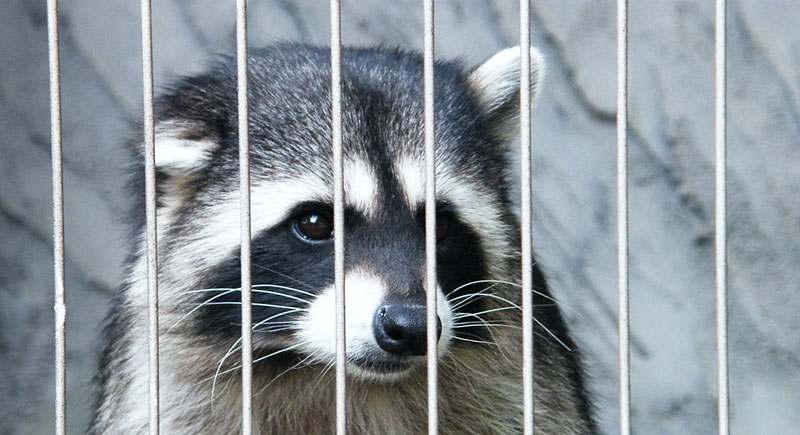
Credit: flickr
Raccoons are incredibly intelligent and adept at escaping enclosures. They can open doors, undo latches, and find creative ways to get out of confined spaces. Their constant need to explore and roam makes it nearly impossible to keep them safely contained in a home.
They Cause Destruction Indoors
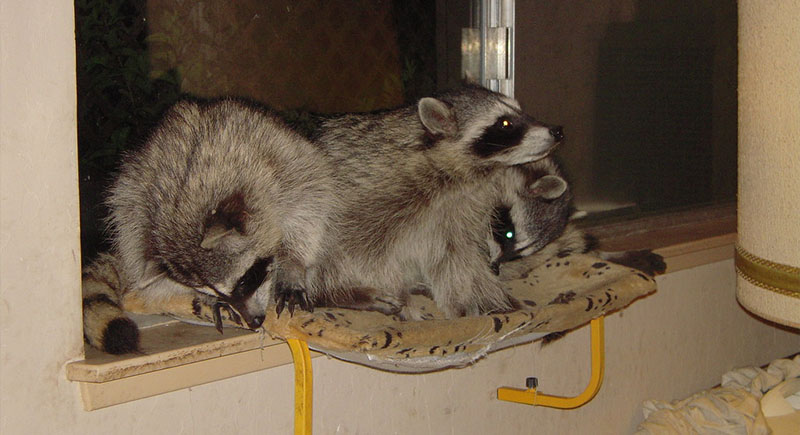
Credit: flickr
Raccoons are highly curious and destructive by nature. They scratch furniture, tear through trash, and chew on household items. Their instinct to forage leads them to ransack cupboards and refrigerators, leaving behind significant messes and damage. These habits make them unsuitable for living indoors.
They Are Noisy
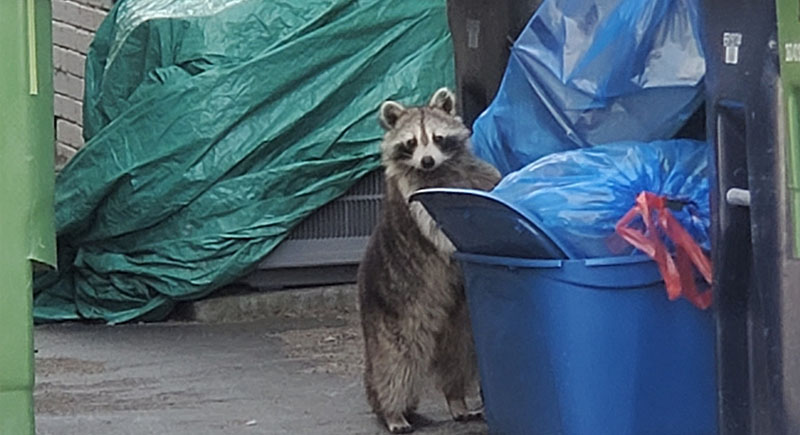
Credit: Reddit
Raccoons are not quiet animals. They make a range of sounds, from chirping to growling, often at night when they are most active. Their vocalizations can disrupt sleep and create tension in households. Their nocturnal habits are tough to manage in a domestic setting.
They Require Specialized Diets
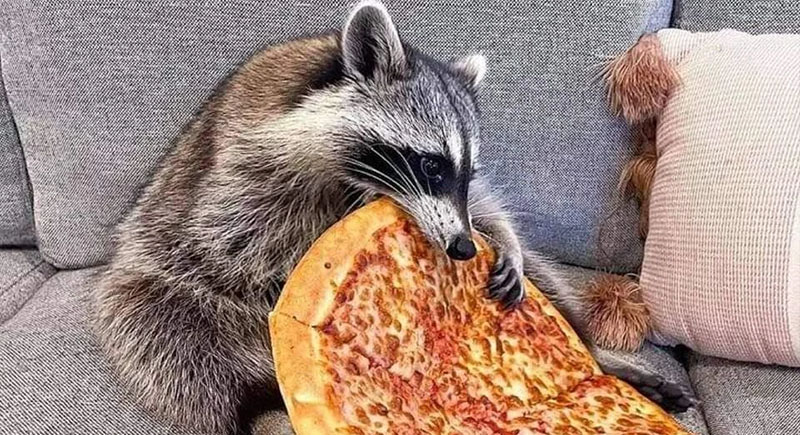
Credit: Reddit
Raccoons need a diverse diet that includes fruits, vegetables, and proteins to stay healthy. Feeding them properly can be expensive and time-consuming. Many people mistakenly give them inappropriate foods, leading to malnutrition or obesity. Their dietary needs make them tricky to care for properly.
They Are Illegal to Keep in Many Places
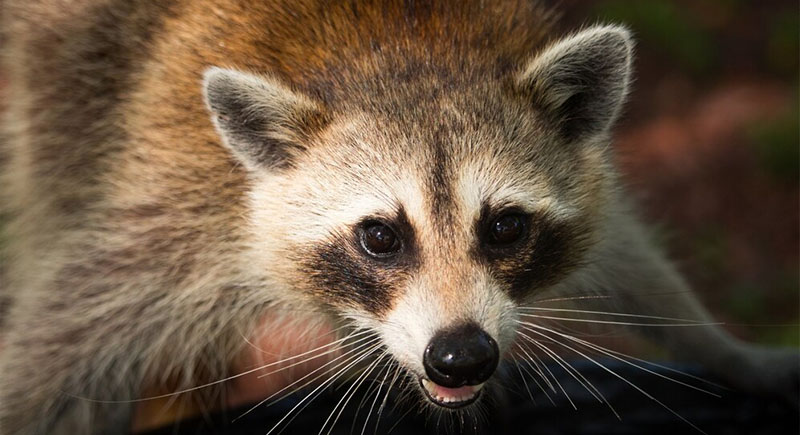
Credit: freepik
In many states and countries, keeping raccoons as pets is illegal. Wildlife protection laws often prohibit owning raccoons due to their potential impact on ecosystems and public safety. Ignoring these laws can result in fines, legal trouble, or the animal being confiscated.
They Are Not Trainable Like Domesticated Animals
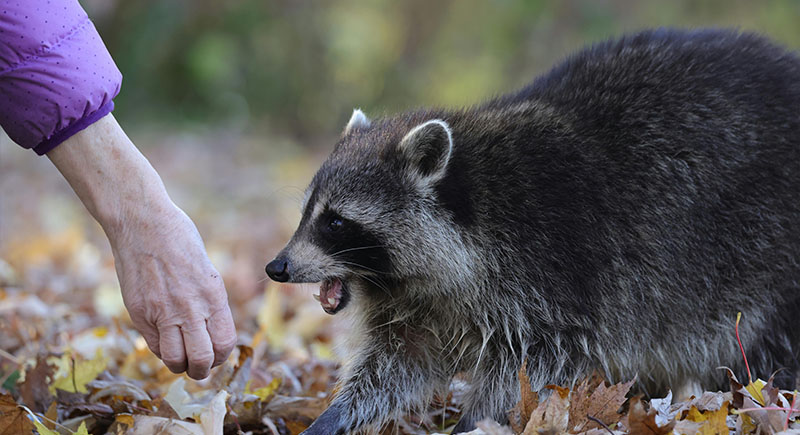
Credit: pexels
Raccoons do not respond well to training methods used for domesticated pets. They often ignore commands and continue their natural behaviors, such as climbing or scavenging. This lack of trainability makes them challenging to control and unsuitable for living in a home environment.
They Can Hurt Other Pets
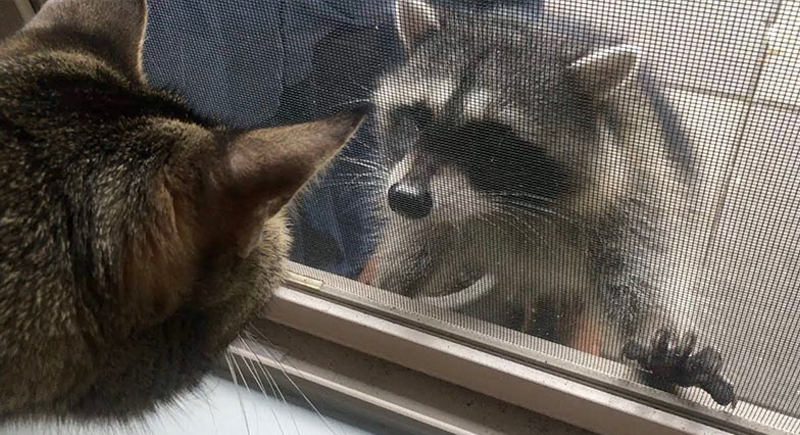
Credit: Youtube
Raccoons are territorial and may see other household pets as threats or prey. Their sharp claws and teeth can cause serious harm in fights with dogs or cats. Introducing a raccoon into a home with other animals can create constant tension and potential danger.
They Have a Short Temper
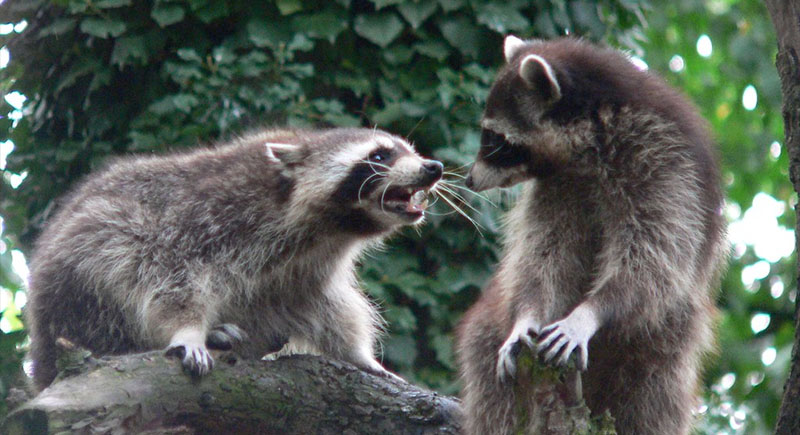
Credit: flickr
Even hand-raised raccoons can become irritable and lash out unexpectedly. Their mood swings make them unreliable companions, especially around people unfamiliar with their behavior. Unlike domesticated pets, raccoons do not form deep bonds with humans, leading to trust issues and unsafe interactions.
They Mark Their Territory
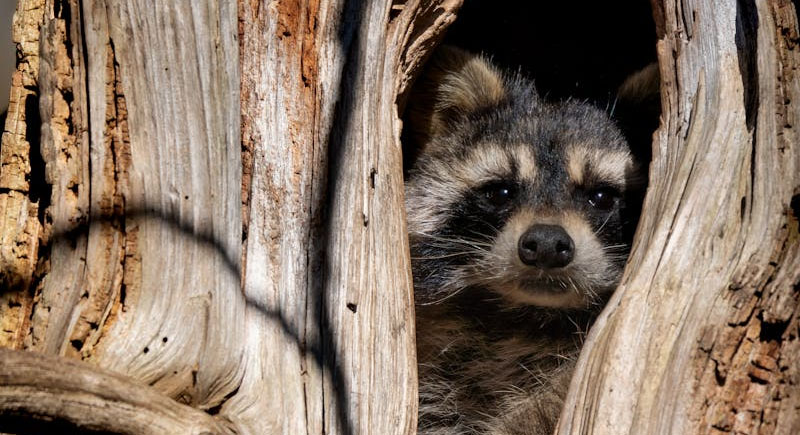
Credit: pexels
Raccoons often mark their territory by urinating or defecating in specific areas. This behavior is instinctive and difficult to prevent. The strong odor and mess make them unpleasant to keep indoors. Cleaning up after them can become an exhausting and frustrating task for owners.
They Live for Many Years
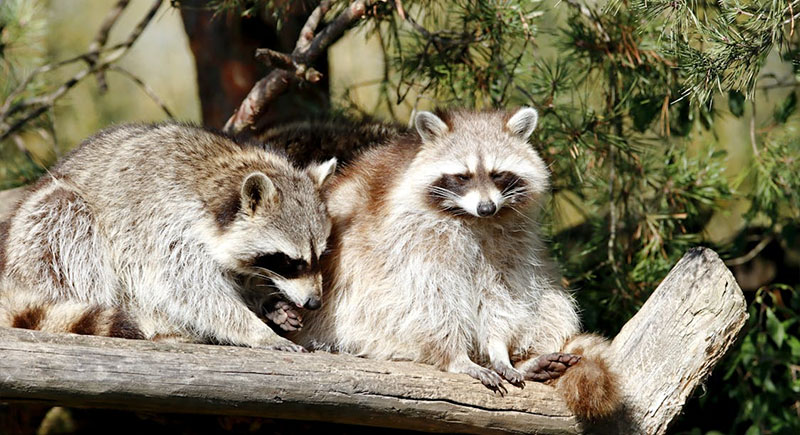
Credit: pexels
Raccoons can live up to 20 years in captivity, requiring a long-term commitment. Many people underestimate the responsibility of caring for them over such a long period. This often leads to abandoned or surrendered raccoons, which struggle to survive after being removed from their natural environment.
They Can Damage Relationships with Neighbors
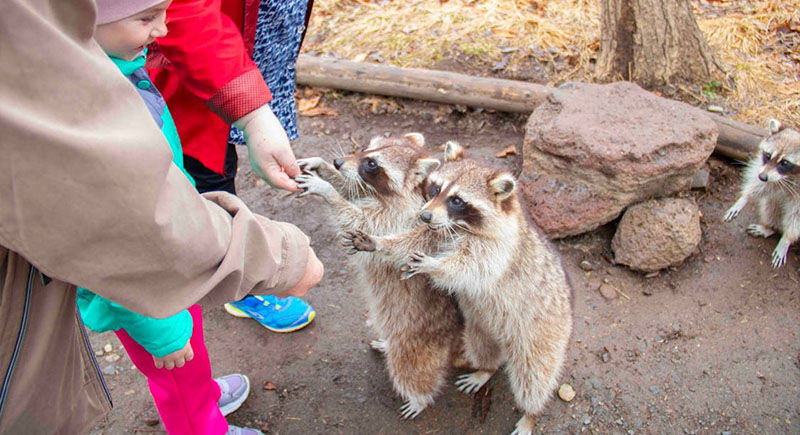
Credit: pexels
A pet raccoon often causes tension with neighbors. Their noise, messes, and potential for escaping into nearby yards create disturbances. Conflicts can arise if a raccoon damages property or interacts aggressively with people in the neighborhood, leading to complaints and strained relationships.
They Belong in the Wild
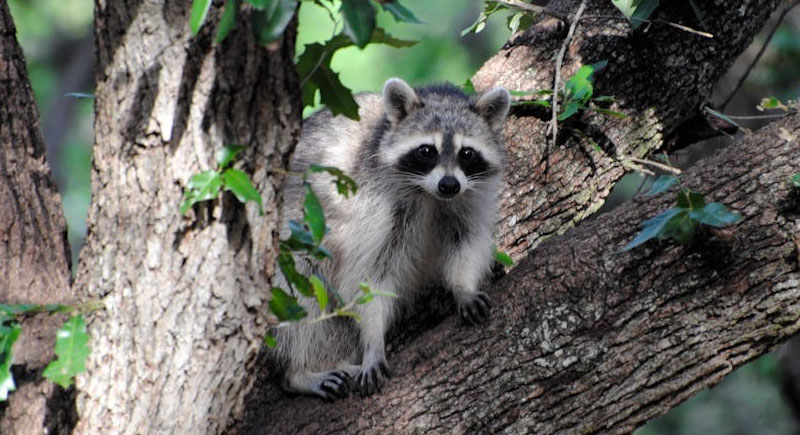
Credit: pexels
Raccoons play an important role in ecosystems, helping to control pests and disperse seeds. Removing them from their natural habitat disrupts their ability to contribute to the environment. They thrive best in the wild, where they can fulfill their instincts and live as nature intended.